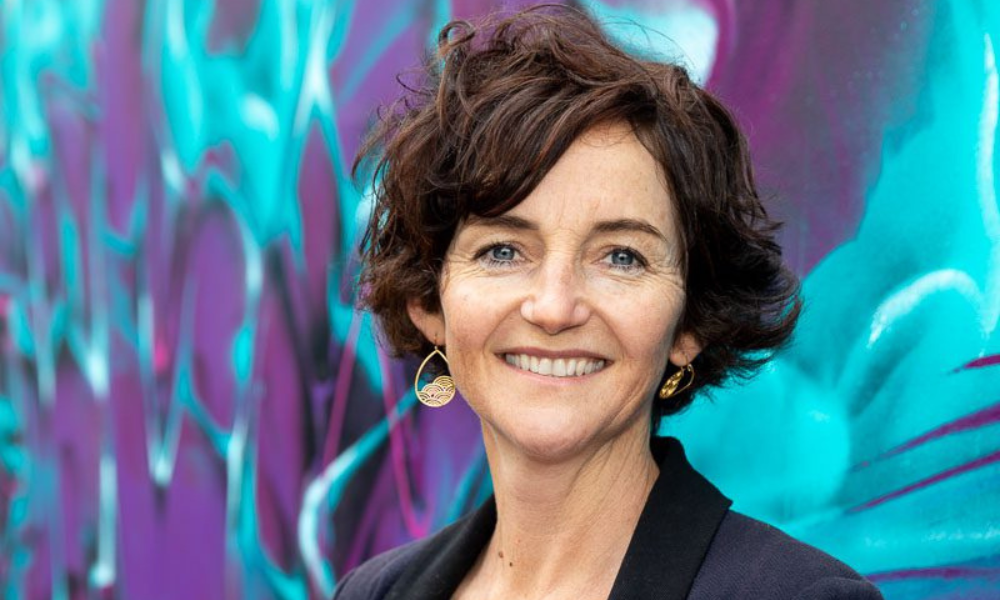
Taina Henderson champions work models that don't require "working more than full time"

Taina Henderson really wanted to be a diplomat, and only went into law to beef up her languages BA. But a stint at her father’s firm awoke in her a genuine interest in and love for the profession.
Since then, she has helped to launch the Auckland office of Henderson Reeves, and today, she is one of three women who were recently promoted to the directorship. As one of the firm’s leaders, she rejects the work model that equates effective work with overtime – a mindset that she says has already turned brilliant female talent away from pursuing legal careers.
In this interview, Henderson shares her favourite tech tool, learning about family law, and the importance of accepting that doing one’s best is enough.
What made you choose a career in law?
I didn’t want to be a lawyer when I was going through law school at Auckland Uni! I did my law degree to bolster my BA in languages (and get into diplomacy).
It wasn’t until I spent a year at my dad’s firm before an overseas assistantship that I realised I loved it, and I wanted to learn how to do what he did.
What is going on at the firm? Are there any new programs and initiatives that you’re particularly interested in?
Our whole Auckland office has been an experiment in ways of being a lawyer: ways of working that make the best use of people, their brains and skills – but that slot into their lives, rather than the other way around. We have never accepted the old model that effective work requires working more than full time in the city. That old school ethos had turned so many of [director] Shelley [Funnell’s] and my women friends off returning to law – what a waste of brilliant talent!
We do have another very exciting initiative in development, but I’m keeping that one under wraps until it launches!
What tech-related initiatives adopted by the firm, if any, are you most excited about?
We’ve been set up to work from wherever we wanted since 2016, so our paperless systems and communications within the firm are pretty slick. But my favourite tech tool is still the telephone.
What has been your proudest accomplishment in the last year or so? Or what’s the biggest lesson you learned in the past year and what advice can you give fellow lawyers about it?
I had two tough RP/spousal maintenance hearings in the same week last year. It’s a pretty massive task preparing for hearings – as well as the weight of the client’s needs, there is a lot of skill required, and resilience required in the face of the fear of being shown up as a fraud in front of what feel like far cleverer opponents!
I survived on a very good bit of advice my husband gave me once before a uni exam: ‘If anyone can do it, you can’. When work is hard, I remember that – all you can do is your very best. At the end of the day, you can’t control anything else, and your best is enough.
What should the profession focus more on?
I am still learning about the way the family law world functions, but I do wish we family lawyers would focus a bit less on winning and more on delivering what our clients really need. That can get uncomfortable because it means we have to pick up the phone sometimes, but then again, family lawyers are lovely people.
What are the challenges you expect in your practice, and in the business of law in general, going forward? What challenges are particularly pressing in the country’s legal industry?
I think the challenge is to create teams that know what they are doing is important work, who care for each other (and know they are cared for), and who enjoy what they do and who they work with.
What are you looking forward to the most in the coming year?
I’ve got a new initiative I’m working on in the relationship property area that I am super excited about.
If you were given an opportunity to spend a day with anyone (living or dead), who would it be and why?
Viv Crawshaw, because I think she’s amazing.